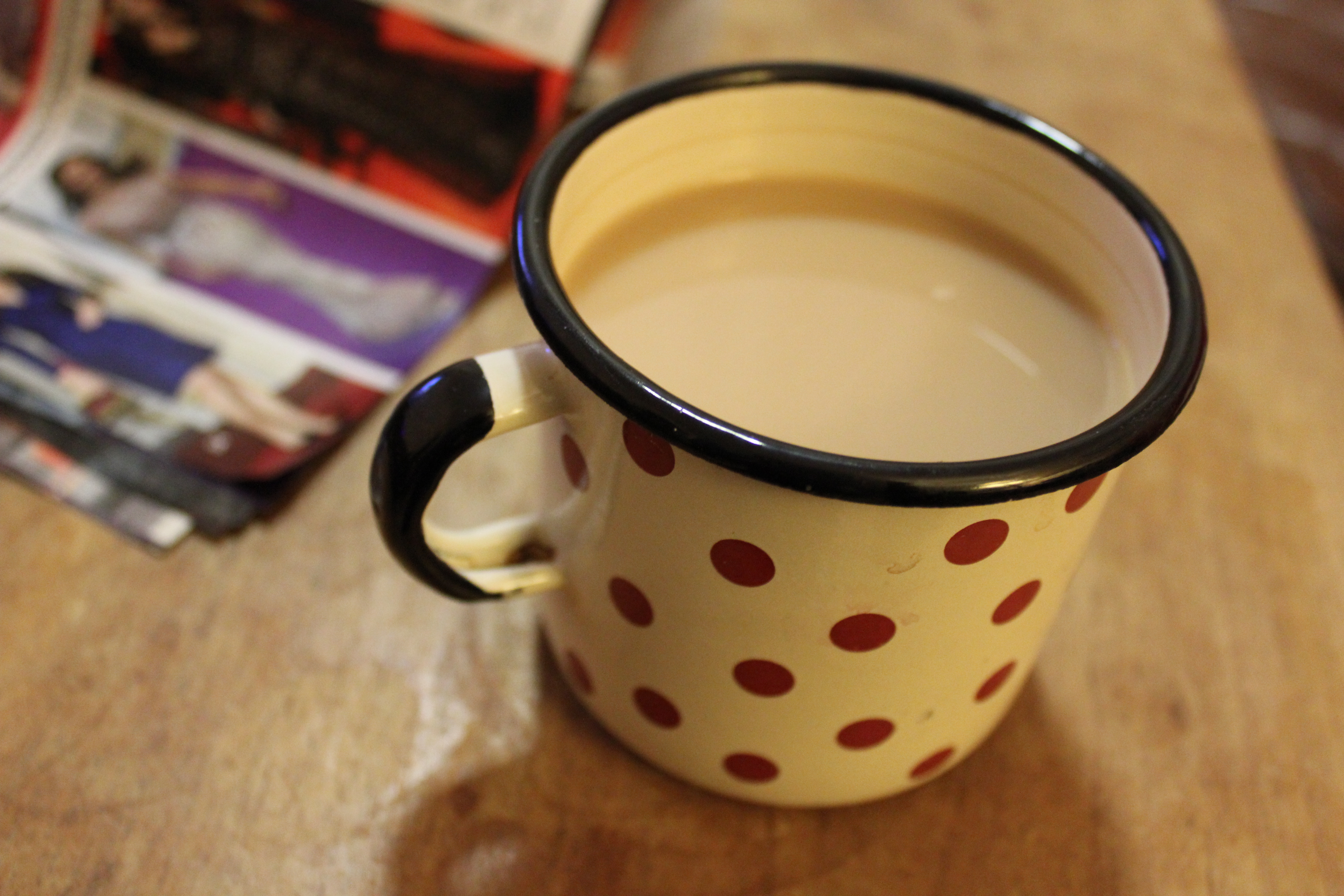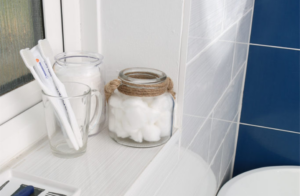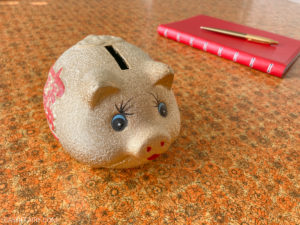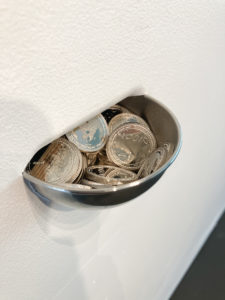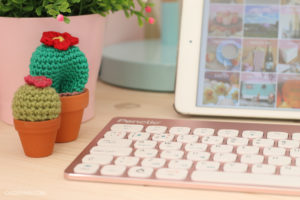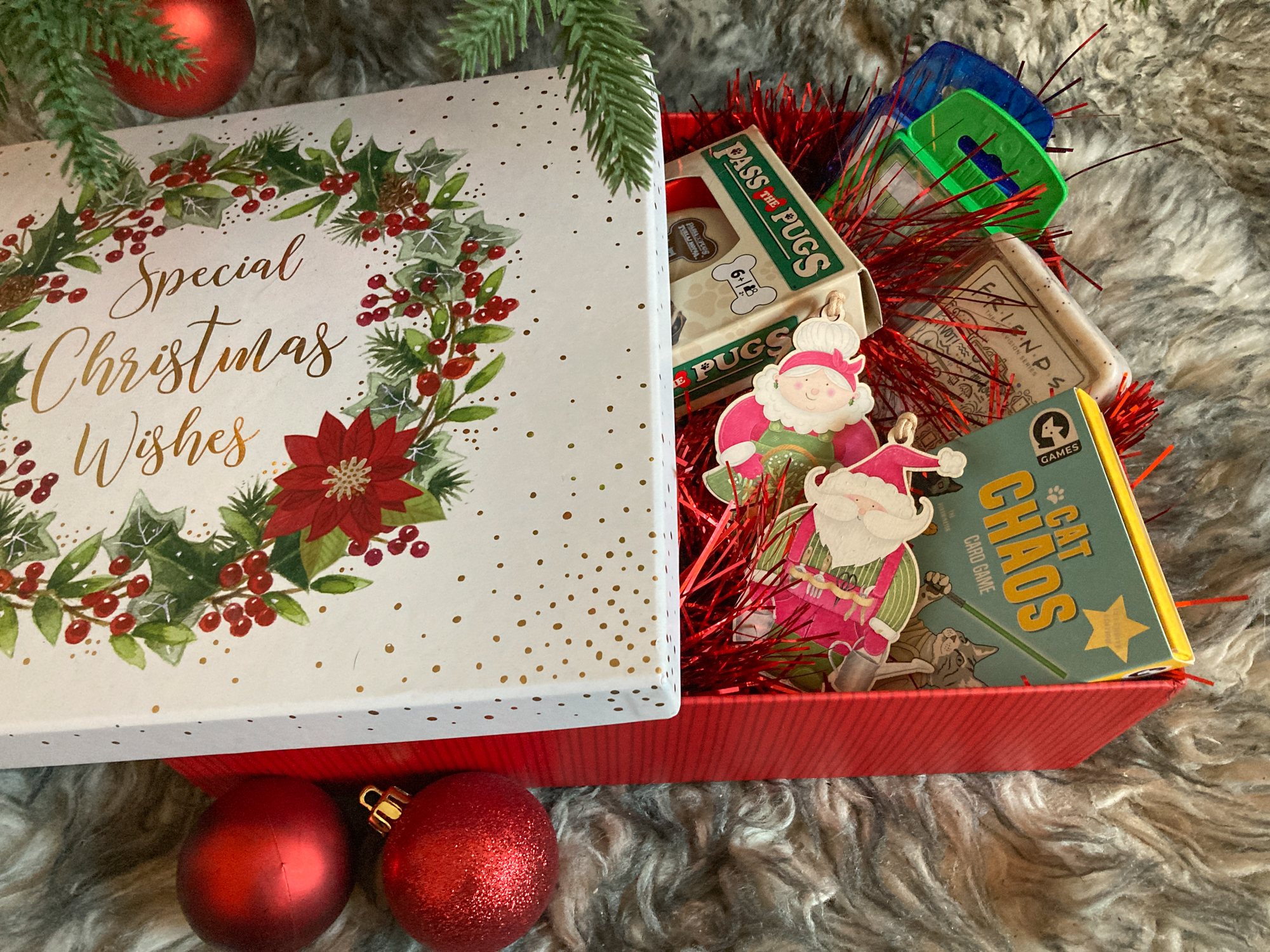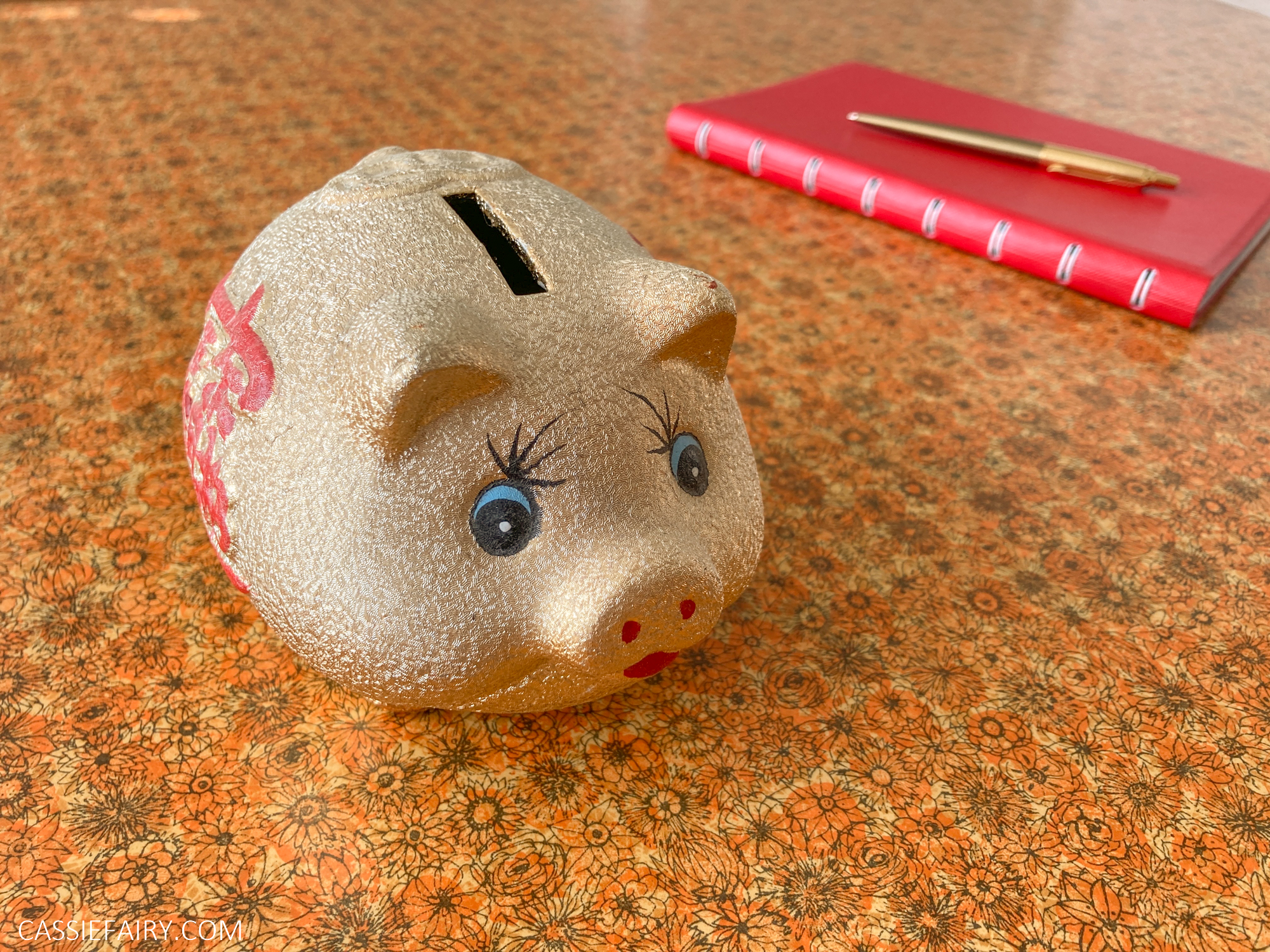As a reader of this little lifestyle blog, I’m sure that you’ll know how much I love tea. I can’t get through the day with quite a few tasty cuppas and you can read about my nightmare day when my kettle died here. So today, I thought we’d discuss the tradition of the tea break and how important the great British cuppa is to all of us!

Though the coffee market has grown in Britain, with global espresso chains springing up on nearly every corner, tea remains the country’s drink of choice. As a nation, we consume 78 million mugs of tea every day and over half of us still prefer it over coffee in the morning. In offices across the UK, the ‘tea break’ plays a vital role in the daily routine. How did this ritual begin? Does it add value to our lives? Here’s a brief guide to the tea break tradition:
History of Tea in Britain
Tea may be the nation’s favourite drink today, but it was once a luxury item enjoyed only by the wealthy. The tea-drinking trend began among the aristocracy after Queen Catherine of Braganza, King Charles II’s wife, brought the tradition to Britain from her native Portugal.
It’s interesting to note that up until the 17th century, tea was always green when brewed, following the natural colour of the leaves. However, the process of oxidising the leaves preserved them better for exporting from China to Europe, also turning the leaves black. Today of course, green tea is nearly as popular in this country as black tea, along with many other herbal varieties.
But it was only in the late 18th-century that tea became affordable for the masses. In 1785, the British government cut the tax on tea in order to abolish the growing illegal tea smuggling trade. As tea prices fell, more and more Britons were able to enjoy the beverage on a routine basis. Employers began offering free tea to their workers as an incentive – and thus the tradition of a workday ‘tea break’ began.

More or Less Productive?
The average cup of black tea contains 14-61 mg of caffeine, providing the ideal boost of energy during a long work day. However, with the average adult spending 24 minutes a day fetching colleagues teas and coffees and costing their employer £400 a year, it begs the question: is the tea break good or bad for productivity?
Well, despite absorbing so much of our time, the ritual tea break is most certainly a positive influence on productivity. The importance of rest and social engagement during the workday cannot be overstated. Time and again researchers have discovered that regular rest breaks help people recharge and work more efficiently.
Oh Crumbs!
Most good things come with some element of risk, and you might be surprised just how risky a tea break can be. As the Telegraph reported in 2010, approximately 25 million adults have sustained an injury during a tea or coffee break. Most of the injuries were a result of dangerous dunking techniques – with a third of those surveyed admitting they’ve burnt themselves trying to retrieve a fallen biscuit from the scalding liquid.
Despite these tales of tea trauma, the UK’s tea break tradition does not appear to be going anywhere any time soon. A ritual steeped in history, the ‘cuppa’ remains the hottest item in Britain’s beverage culture.
Related articles
- A day without tea? Nightmare! (Cassiefairy.com)
- Anyone for afternoon tea? thrifty ideas for a party (Cassiefairy.com)
- Refreshing summer drink recipe: Iced tea (Cassiefairy.com)
- Tea for two – at Starbucks? (Cassiefairy.com)





